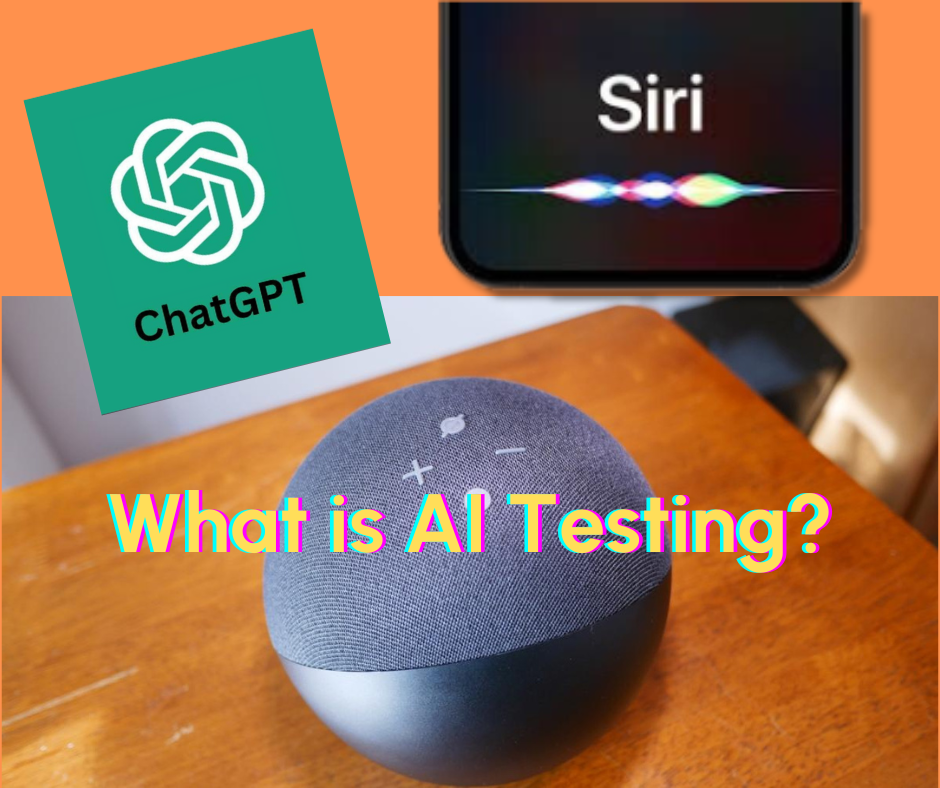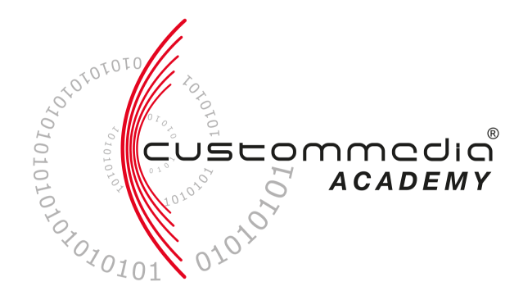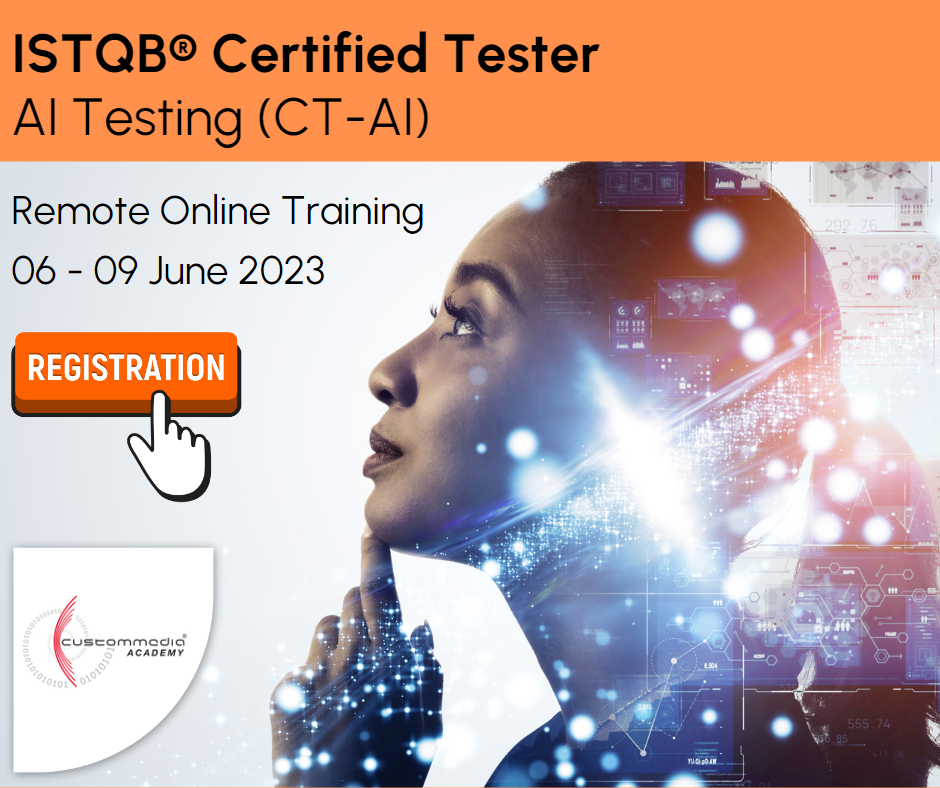
You most probably have heard about ChatGPT and Stable Diffusion which are increasingly being used by people from all backgrounds to create text and graphic content in an incredibly easy and fast manner. These are only some of the latest implementations of Artificial Intelligence technology, and with widespread participation of major tech companies in AI, the technology will undeniably play an integral part in our lives in the future. According to PitchBook, roughly 1.7 billion USD was generated across 46 deals revolving around generative AI startups in Q1 2023.
Apart from generative AI products, other AI implementations has already become part and parcel of our daily lives. Voice assistants like Siri and Alexa and recommendation engines that suggest products or services based on our behavior are just a few examples. As AI becomes more complex and sophisticated, it’s essential to ensure that it works as intended. This is where AI testing comes in.
What is AI Testing?
AI testing is the process of verifying and validating AI systems to ensure that they perform as expected. The role of an AI tester is to evaluate the performance, reliability, and accuracy of AI systems. While AI testers share many skills and competencies with other types of software testers, there are several unique aspects of the role that distinguish it from other testing roles. Learn more about our ISTQB® Certified AI Testing Course and Certification Programme by clicking here.
How is AI testing different from Software Testing?
One of the key differences between AI testing and other types of software testing is the complexity of the systems being tested. AI systems are inherently complex, often involving millions of lines of code and multiple algorithms working together to achieve a desired outcome. This complexity makes testing particularly challenging and requires AI testers to be skilled in data analysis, algorithmic thinking, and problem-solving.
Another unique aspect of AI testing is the need for domain-specific knowledge. Unlike other software testing roles, AI testers need to have a deep understanding of the domain in which the system operates. For example, an AI tester working on a medical diagnosis system needs to have knowledge of medical terminology, conditions, and treatments to evaluate the system’s accuracy and effectiveness.
It’s Not Purely Technical
In addition to technical skills and domain knowledge, AI testers need to be skilled communicators. They work closely with developers, product managers, and other stakeholders to understand the system’s requirements, design and execute tests, and report on their findings. They need to be able to explain technical concepts in simple terms and communicate effectively with people from diverse backgrounds and skill levels.
Apart from communication, AI testing requires a high degree of creativity and flexibility. AI systems can behave in unexpected ways, and it’s not always possible to anticipate all possible scenarios. AI testers need to be able to think creatively and design tests that can handle edge cases and unusual inputs. They also need to be flexible and adaptable, able to adjust their testing strategies as the system evolves and new challenges arise.
In conclusion, AI testing is a critical role in the software development industry. As AI becomes more pervasive and complex, the importance of testing becomes even greater. As an ISTQB certified AI tester, you will play a unique and essential role in ensuring that AI systems work as intended and deliver value to users. Join our upcoming remote online training on 19-22 June 2023 to start your path towards professional certification in AI testing by enrolling here.


